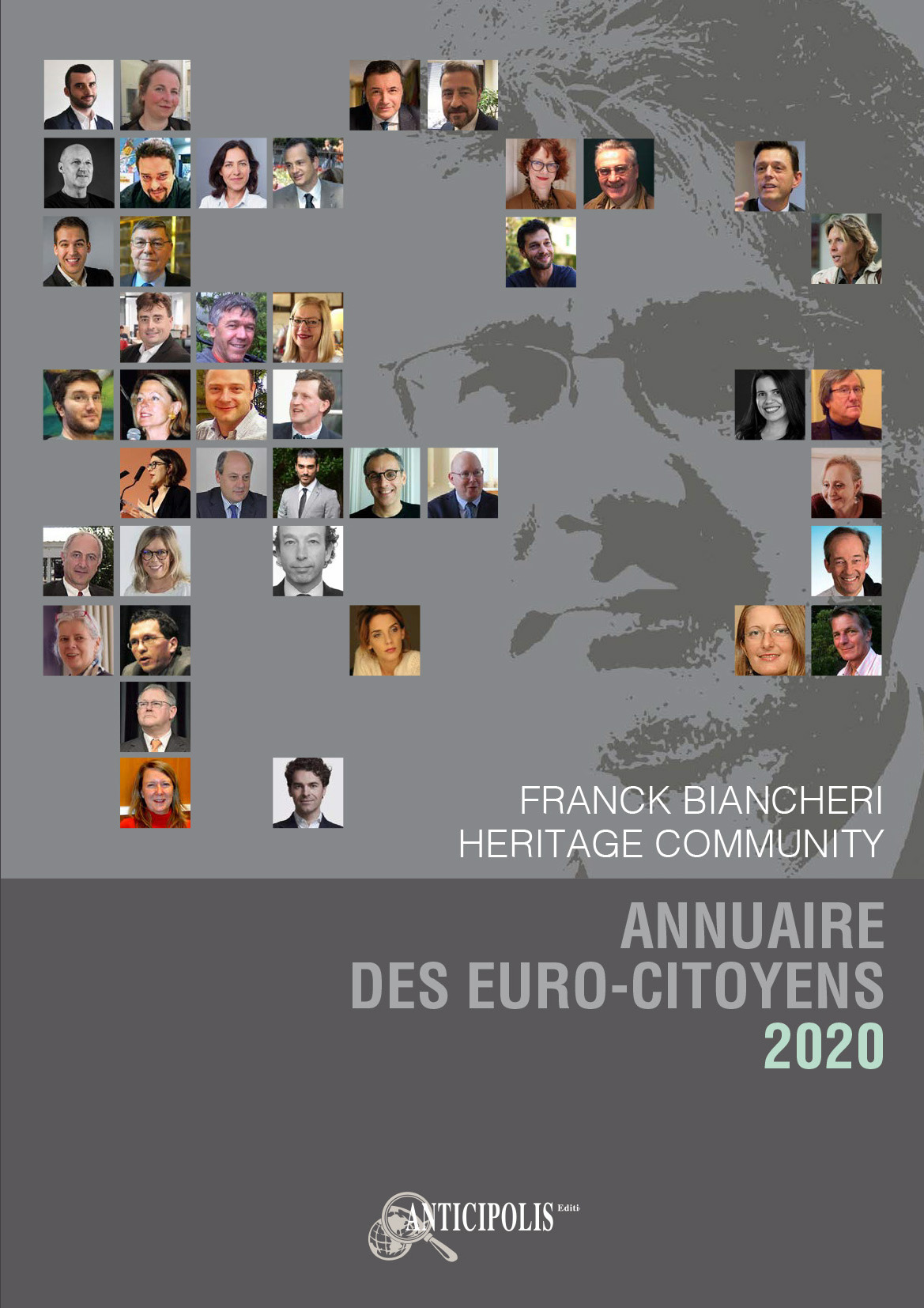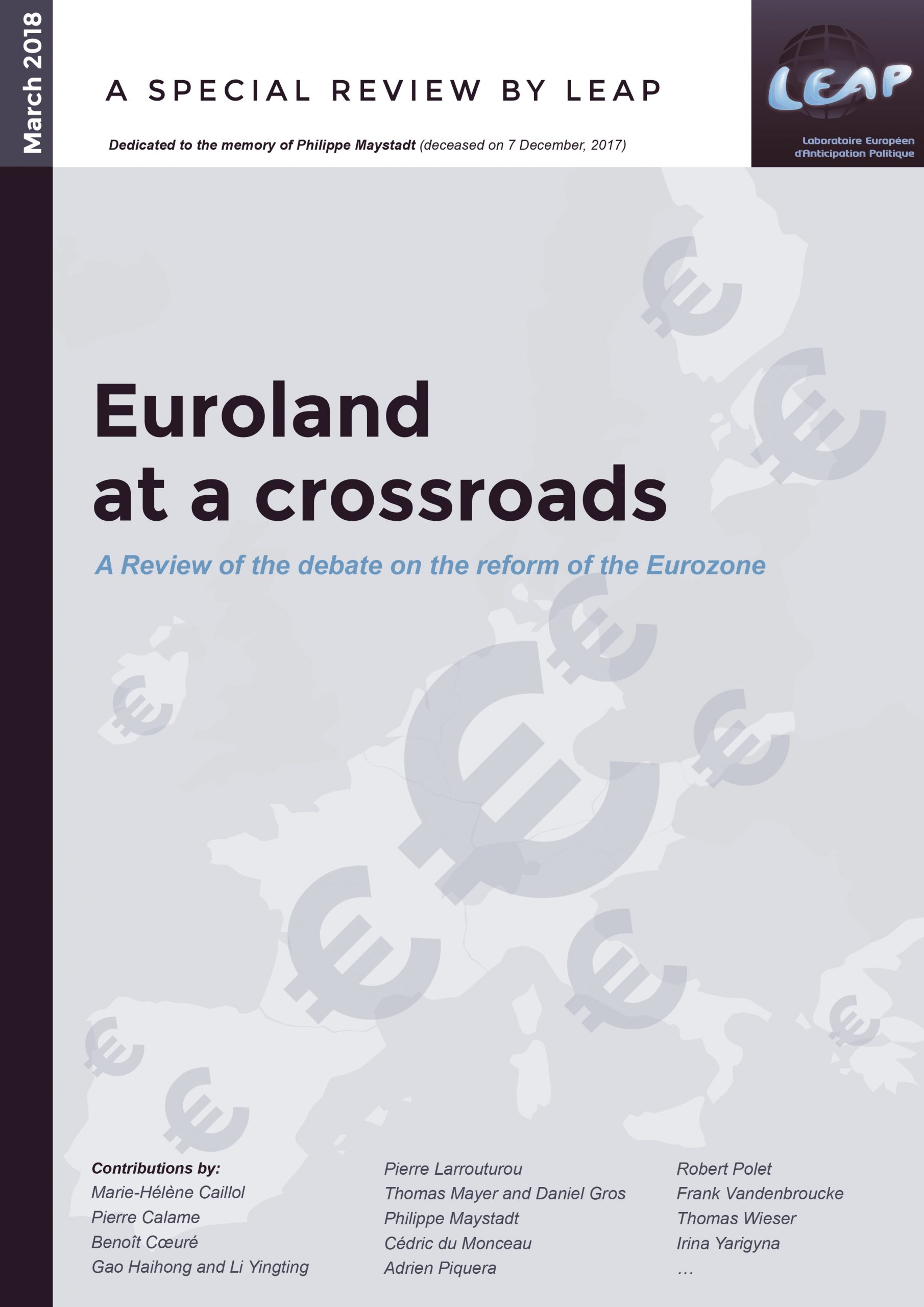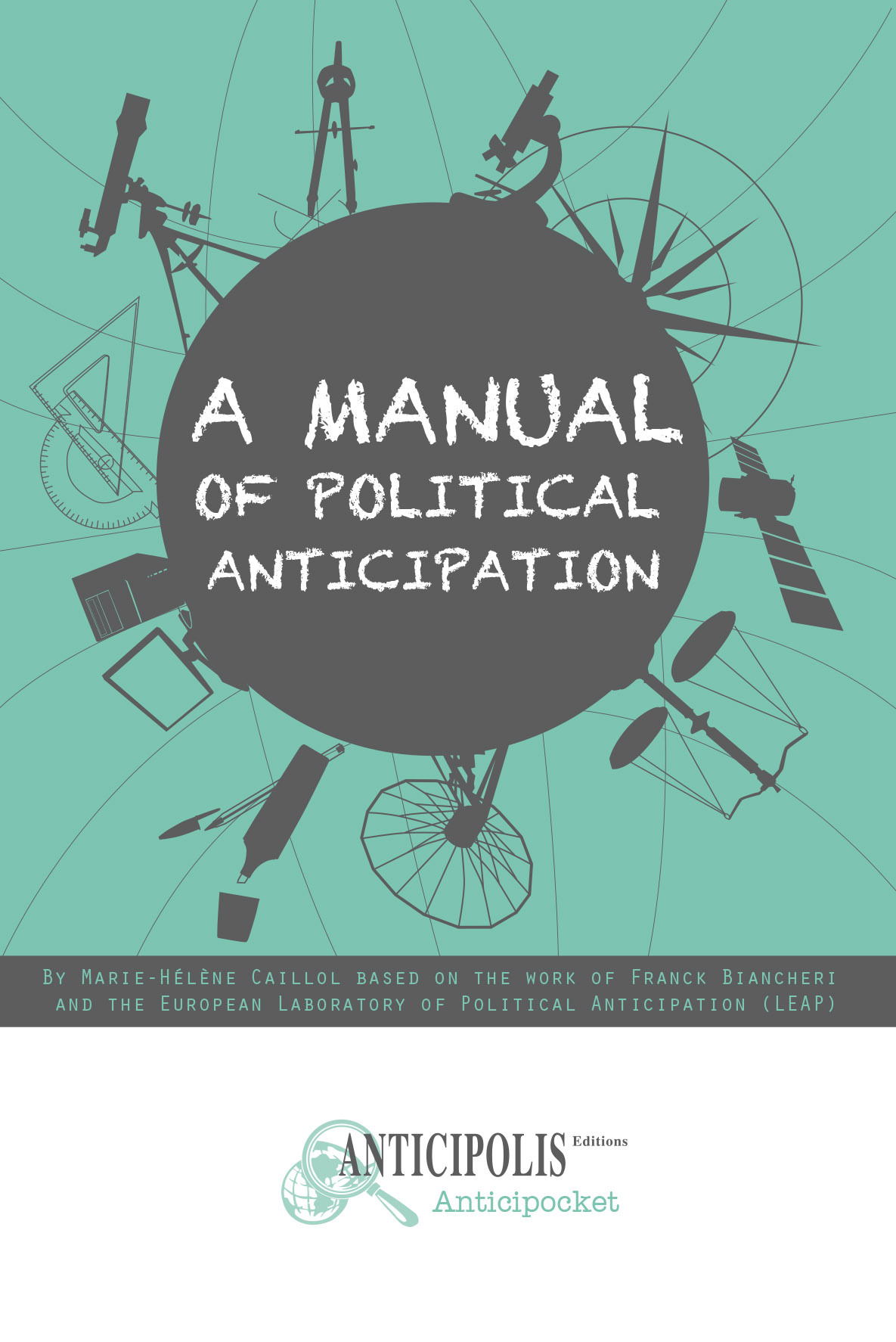Description
Elements of reflection and principles of action for future European citizens
In 1992, Franck Biancheri was already very familiar with the community system, due to the various acquired experiences in the «community school» where he and the rest of the «builders» were formed (as he himself pointed out in the first chapter of this book). Here are some memorable ones: the creation of the European Student Forum (AEGEE-Europe); the campaign for the Erasmus Programme; the creation of the first trans-European political party named IDE; the prospective work of the Prometheus-Europe Association and, particularly the denunciation of the malfunctioning TEMPUS programme in 1991/92; the founding of the Euro-Prospective, his own Research and Audit Company for the Community programmes, as well as his working days within the European Court of Auditors (1991/1992). All those have enabled him to survey the corridors, lobbies and cabinets of all decision-making levels in Europe. He therefore knew at what level one needed to look for responsibilities of the system’s drifts and he used to address directly those whom he considered to bear the failures, but also the successes of the European project. Being always extremely pedagogical, he used to bring ideas, to describe the tools and processes, to consider scenarios and bring solutions to policy makers. All they had to do was to help themselves…










